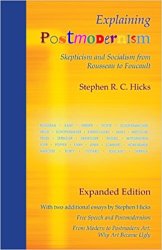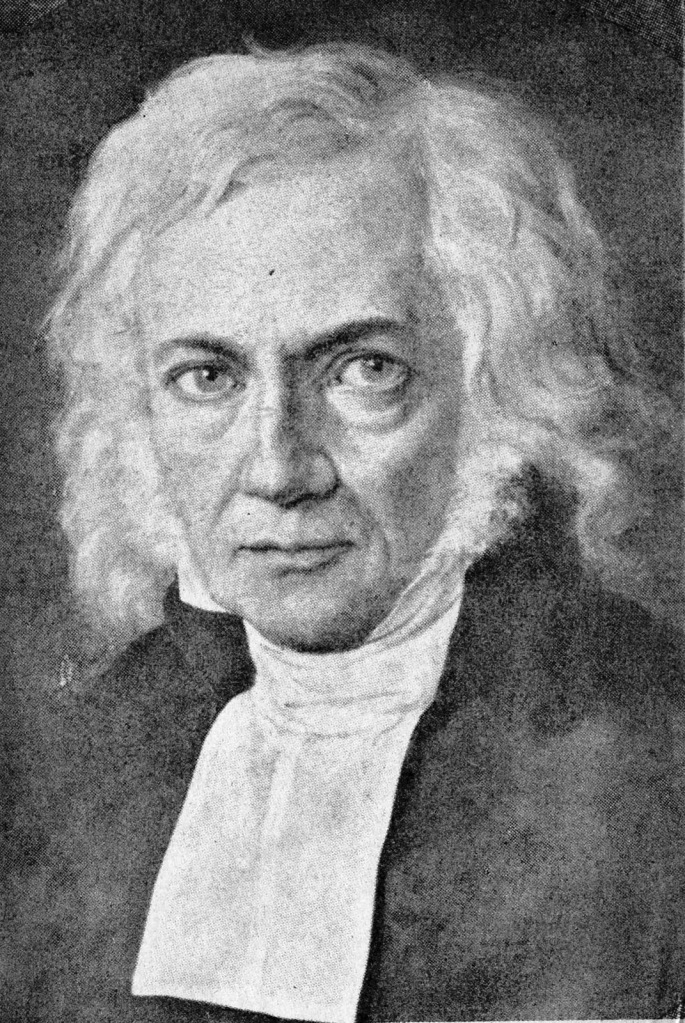Theologian Richard Niebuhr called Friedrich Schleiermacher “the Kant of modern Protestantism.”
Here is Schleiermacher himself:
“The essence of religion is *the feeling of absolute dependence*. I repudiated rational thought in favour of a theology of feeling.”
 For more on Schleiermacher and his contributions to postmodernism, see p. 57 of my Explaining Postmodernism: Skepticism from Rousseau to Foucault.
For more on Schleiermacher and his contributions to postmodernism, see p. 57 of my Explaining Postmodernism: Skepticism from Rousseau to Foucault.
Information about other editions and translations is available at this dedicated page.

Jesus… So to speak. The perpetual dichotomization of reason and emotion of this tradition…
Contrary to popular misconception reason has been the greatest liberator and guardian of the human heart whereas the rule of dogma has always required extreme political and psychological repression to maintain. Spontaneity is a threat to its fragile ideological house of cards. It’s relevant to point out that on achieving political power advocates of faith have always burned books written by advocates of reason but one never hears of the reverse.
Reason in a sense may be said to be the sight of the mind. As with eyesight, its task is simply to tell us what IS. Then we feel and respond to it. There ought no more be cause for conflict between reason and emotion than with our actual eyesight and emotion – unless one is in denial or lying (or traumatized: an understandable species of denial). As one’s physical organs are to the body, reason and emotion are to the psyche: different, but vitally integrated – in a healthy psyche well balanced and complimentary to each other. It makes no more sense to dichotomize them against each other than to dichotomize one’s lungs and liver against each other.